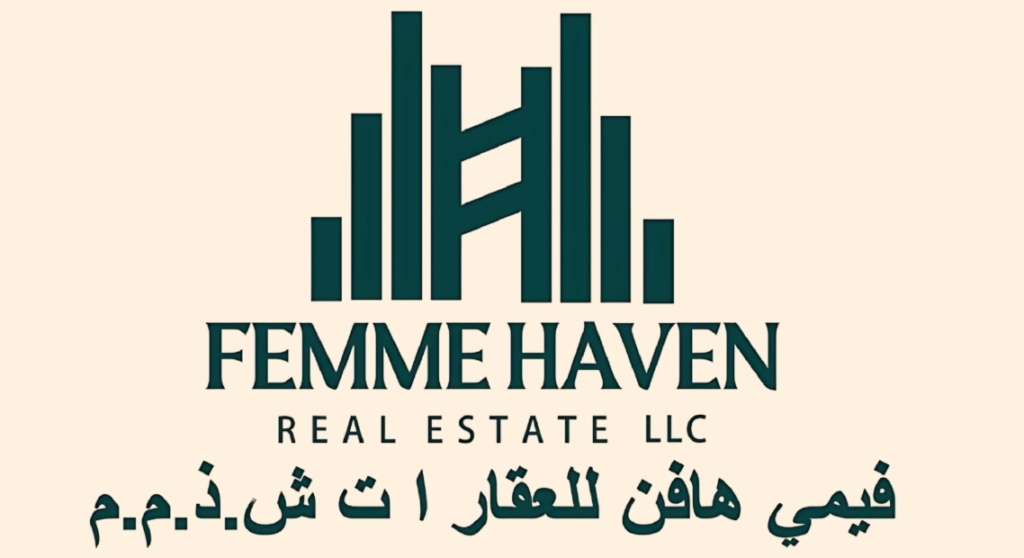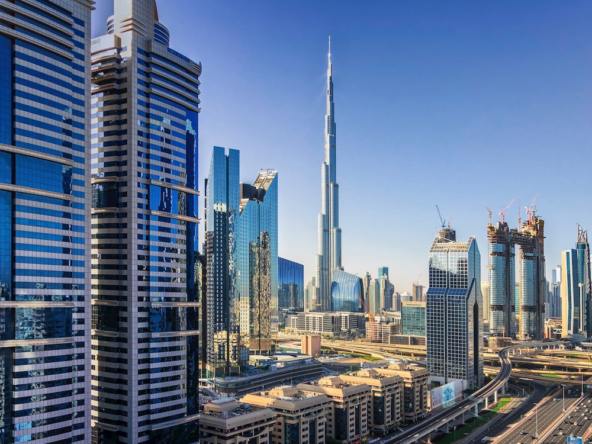Due to its affordable prices and excellent investment potential, Dubai’s real estate market is expected to continue drawing in both domestic and foreign property buyers in 2025. However, understanding the difference between freehold and leasehold ownership remains one of the most important — and often misunderstood — decisions a buyer can face. Knowing how each option works can help you avoid surprises and align your property investment with your long-term goals.
Freehold vs Leasehold Properties in Dubai: Buyer’s Guide to Smarter Property Ownership
Choosing between freehold and leasehold properties isn’t just about paperwork — it’s about control, cost, duration, and return. In this blog, we’ll walk you through both ownership types, explain their pros and cons, and help you understand which option might be right for you in today’s real estate market.
Freehold Ownership
Freehold ownership grants buyers complete and indefinite ownership of both the property and the land it occupies. This means you have full control over the property, including the rights to sell, lease, or bequeath it. Freehold properties are typically available in designated areas approved by the Dubai government.
Pros of Freehold Ownership
- Full Ownership Rights
You own both the property and the land permanently, giving you full control over usage, sale, and rental. - Inheritance and Gifting Allowed
Freehold properties can be passed on to heirs or gifted legally, ensuring long-term security for families. - Visa Eligibility for Investors
Depending on the property value, freehold ownership may qualify you for renewable UAE residence visas. - Freedom to Modify
You can renovate or alter the property (within regulations) without needing permission from a landlord or authority.
Cons of Freehold Ownership
- Higher Initial Investment
Freehold properties are generally more expensive to buy, especially in high-demand communities. - Full Maintenance Responsibility
The owner is responsible for repairs, service charges, and upkeep of the property, which can add to annual costs. - Limited to Designated Zones
Foreigners can only buy freehold in approved areas, which may not always align with personal location preferences.
Leasehold Ownership
Leasehold ownership provides the right to occupy and use a property for a predetermined period, typically ranging from 30 to 99 years. The land remains under the ownership of the freeholder, and certain rights, such as making significant alterations or subletting, may require the freeholder’s consent.
Pros of Leasehold Ownership
- Lower Purchase Price
Leasehold homes are often more affordable than freehold, making them a great entry point for new buyers. - Less Responsibility for Structural Repairs
The freeholder, not the leaseholder, is usually in charge of major building or common space maintenance. - Access to Prime Locations
Some established communities offer leasehold options where freehold ownership may not be available.
Cons of Leasehold Ownership
- Ownership Is Time-Limited
You only own rights to the property for the lease duration; ownership reverts after expiry unless renewed. - Restrictions on Changes
Significant modifications or renovations usually require permission from the freeholder or master developer. - Value May Depreciate Over Time
As the lease shortens, the property’s market value may decrease, affecting resale potential. - Lease Renewal Can Be Costly
Extending the lease after expiry may involve negotiations, fees, or stricter terms depending on the market.
The Big Question – Which Is Better for Buyers in 2025?
The choice between freehold vs leasehold properties in Dubai depends on your investment goals, financial capacity, and long-term plans.
- Freehold: Ideal for those seeking long-term investment, full control, and potential residency benefits.
- Leasehold: Suitable for buyers looking for lower initial costs and shorter-term occupancy without the responsibilities of full ownership.
Both options have their merits, and the best choice varies based on individual circumstances. Understanding the differences between freehold and leasehold ownership helps ensure you’re making a decision that aligns with your personal or financial strategy. In 2025, as the market becomes more competitive and regulated, selecting the right ownership model has become more important than ever.
Here’s How Femme Haven Support Buyers
It is crucial to comprehend the differences between leasehold and freehold properties in order to make wise choices in Dubai’s ever-changing real estate market.At Femme Haven, we put affordability and transparency first while assisting customers in navigating Dubai’s real estate market.
Whether you’re considering a freehold property for long-term investment or a leasehold property for immediate occupancy, our team provides personalized support to align with your financial goals and lifestyle preferences. We assist in navigating legal procedures, understanding ownership rights, and selecting properties that offer the best value in the market.
Final Thoughts
Whether you’re exploring freehold vs leasehold properties in Dubai or deciding on the right investment strategy, your goals should guide your path. For UAE residents looking for practical yet high-quality living, the option to buy modern villa in Dubai for UAE residents presents a perfect blend of comfort, value, and long-term stability. On the other hand, if you’re an investor seeking affordability without compromising on growth potential, the chance to buy cheap property in Dubai 2025 in up-and-coming communities offers a strong entry point into the market. With the right guidance and clear objectives, either path can lead to smart, rewarding ownership.
FAQs
Q1. Can foreigners own freehold properties in Dubai?
A: Non-UAE nationals are permitted to own freehold properties in some regions of Dubai. This gives them full ownership rights, including the ability to sell, lease, or pass the property on to heirs.
Q2. What happens when a leasehold term expires?
A: Upon expiration, ownership of the property reverts to the freeholder unless the lease is successfully renewed. Extensions may be possible but can involve negotiations and additional fees depending on market conditions.
Q3. Are leasehold properties eligible for UAE residency visas?
A: Typically, leasehold ownership does not qualify for residency visas; such benefits are usually associated with freehold ownership.
Q4. Can leasehold properties be converted to freehold?
Subject to governmental permits and requirements, leasehold properties may be converted to freehold in specific situations and locations.
Q5. What kind of impact does ownership of property have on inheritance in Dubai?
A: Freehold properties can be included in inheritance plans, allowing owners to pass them on to heirs, whereas leasehold properties do not offer the same rights.




